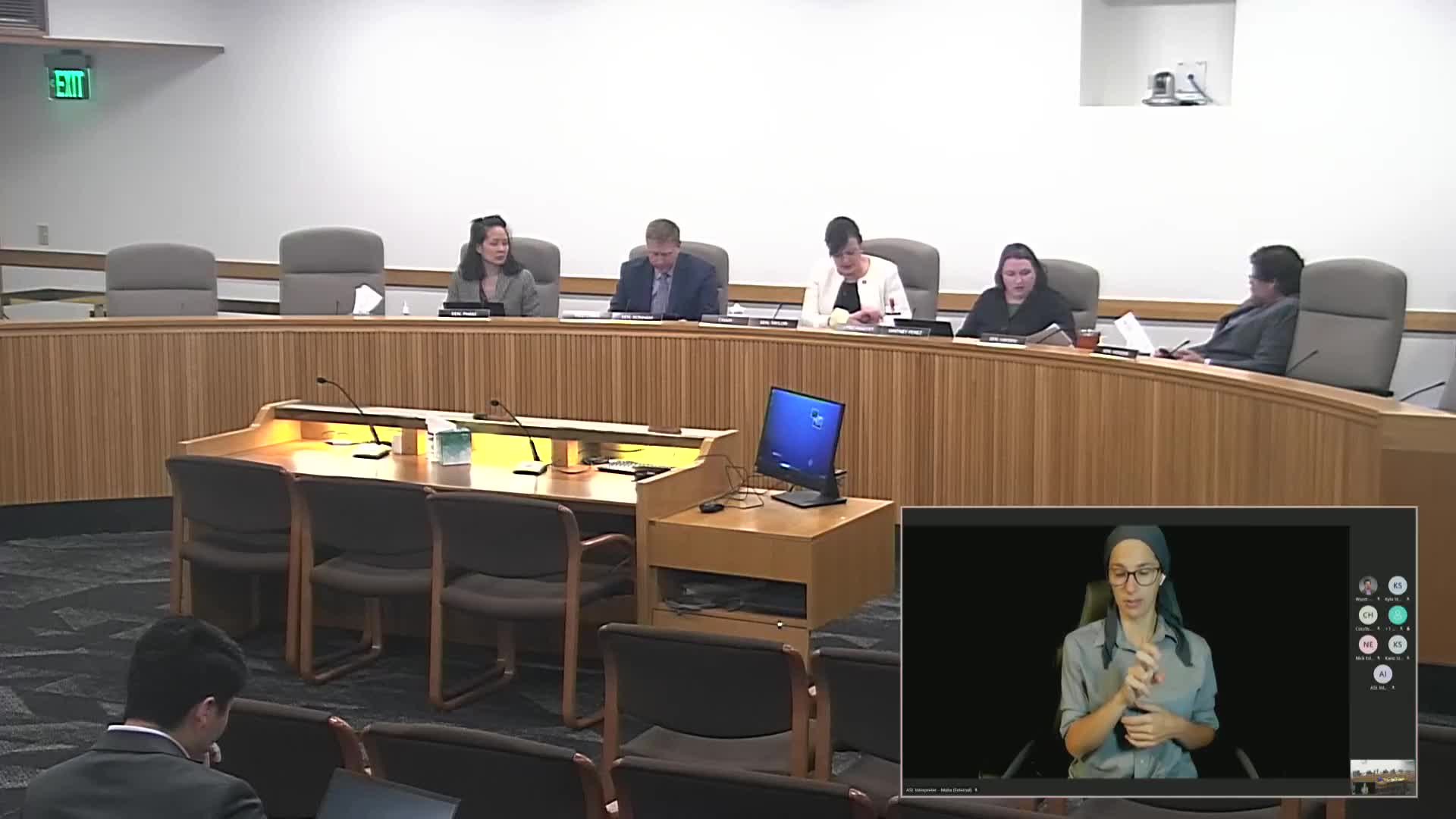Southwest Oregon officials and industry urge repair funding for Charleston shipyard ways; bill focuses a study and dash-1 funding option
Get AI-powered insights, summaries, and transcripts
Subscribe
Summary
Senate Bill 921 (dash 1) directs Business Oregon to study needed investments in shipyards and the dash-1 amendment focuses on restoring the Charleston Shipyard marine ways with an estimated $1,430,000 to repair a rail/haul-out system; witnesses described lost local jobs and out-of-state repair spending.
Senate Bill 921 directs the Oregon Business Development Department to study needed investments in Oregon shipyards and produce a report to interim committees by Sept. 15, 2026. A dash-1 amendment discussed during the March 11 hearing narrows focus to the Charleston Shipyard at the Port of Coos Bay and would provide a $1,430,000 resource to repair the marine ways (the rail-based haul-out system) so the port can haul and repair larger vessels locally.
Senator David Brock Smith (sponsor) said the Charleston Shipyard and its marine ways are critical to coastal economies and to servicing commercial and pleasure vessels that otherwise must travel out of state. Multiple witnesses from the coast and the maritime industry testified in strong support. Kyle Stevens (Coos Bay resident and port commissioner) said reviving the marine ways would “immediately create dozens of direct jobs” in trades including welders and marine electricians and would stimulate secondary economic activity. Josh Bettisworth (marine industry worker in Charleston) estimated roughly $11–12 million in ship-repair work that went out of the district because vessels could not be hauled locally; he warned of potential ecological risks if disabled vessels cannot be serviced locally.
Nick Edwards, a 46-year commercial fisherman from Charleston, described the shipyard’s economic history and said the ways are now 45 years old and in need of replacement; he said the shipyard once supported about 45 full-time employees at peak and now supports about 17. Carrie Silva (vessel co-owner) told the committee the marine ways suffer from brown rot and missing sections that complicate safe haul-outs. Economic-development testimony from the South Coast Development Council noted the bill aligns with regional CEDS and USDA rural economic strategies and argued the need is urgent following closures of facilities such as Crescent City.
Senator Brock Smith said the dash-1 amendment has not yet been posted but that the Port of Coos Bay cannot come up with the immediate capital; he described potential funding options including Business Oregon loans or grants and suggested fee structures to fund future upkeep so repairs do not reoccur.
Ending: The committee closed the public hearing. Because the dash-1 amendment was not finalized at the time of the hearing, staff will coordinate about the amendment wording and any subsequent referral to Ways and Means for funding.
